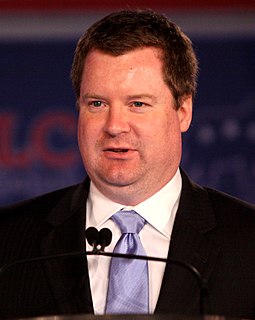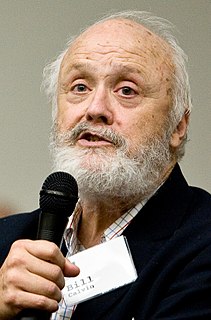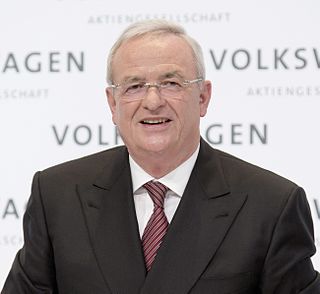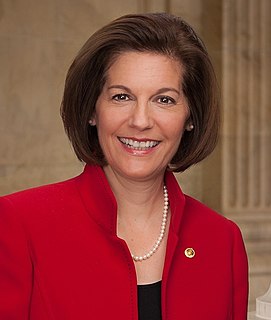Top 1200 Carbon Emissions Quotes & Sayings
Explore popular Carbon Emissions quotes.
Last updated on April 14, 2025.
Shipping is the greenest method of transport. In terms of carbon emissions per ton per mile, it emits about a thousandth of aviation and about a tenth of trucking. But it's not benign, because there's so much of it. So shipping emissions are about three to four percent, almost the same as aviation's.
I am troubled by the lack of common sense regarding carbon dioxide emissions. Our greatest greenhouse gas is water. Atmospheric spectroscopy reveals why water has a 95 percent and CO2 a 3.6 percent contribution to the 'greenhouse effect.' Carbon dioxide emissions worldwide each year total 3.2 billion tons. That equals about 0.0168 percent of the atmosphere's CO2 concentration of about 19 trillion tons. This results in a 0.00064 percent increase in the absorption of the sun's radiation. This is an insignificantly small number.
There would be a cost for dumping carbon into our atmosphere and a cap on total emissions. The government must make a clear and firm decision - terminating the idea in our society it is free to pump infinite amounts of carbon into the air. Once that happens, private capital will flow even more aggressively into developing and deploying the alternative, less-polluting technologies.
A lot of lies and misinformation has been put about by eco nuts on the back of a report by an idiot economist [Sir Nicholas Stern]. Environmental head bangers are talking nonsense when they claim that aviation is the fastest-growing source of carbon emissions. Coal-fired and oil-fired power stations are the biggest contributor of carbon but I have yet to hear any fearless eco warriors advocating nuclear power as they drive around in their SUVs to their next protest meeting.























































